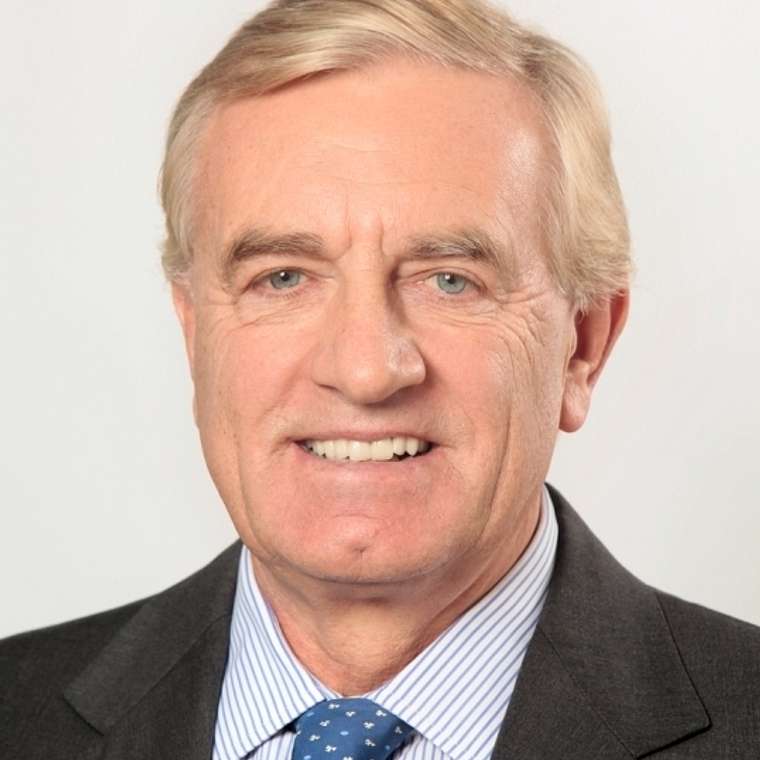The EEF marked its fifth anniversary this month. In this blog, based on his speech at our ‘The EEF at 5’ event on Tuesday, 8th November, the EEF’s chairman Sir Peter Lampl reflects on some of the highlights of those first five years…
It’s terrific to be able to mark the fifth anniversary of the Education Endowment Foundation.
At its launch 5 years ago I said that we know very little about what works in raising achievement. We know a lot more now.
One of our most successful projects is of course the Teaching and Learning Toolkit. This was initially developed by Lee Elliot Major at the Sutton Trust. It is now continuously developed by the EEF with Durham University, giving teachers easy access to high-quality research
It turns out teachers have a real appetite for evidence. According to the National Audit Office a staggering two-thirds of schools now use the Toolkit.
But the Toolkit is just the start.
Over the last five years, the EEF has committed more than £80 million to support over a hundred random control trials. Over 8,000 schools, nurseries and colleges have been involved and coming up for a million children and young people.
The main reason we support these programmes is to find out what impact they are having and whether they are cost-effective.
We do this by funding robust and independent evaluations (about 15% of our budget). The EEF funds more randomised controlled trials in education than any other organisation globally. In fact, the EEF’s trials we estimate account for over 10% of all known trials in education around the world.
There is a reason we place such emphasis on high-quality evaluations. We know lots of things can make a difference at a local level. But we want to find the programmes that can make a real difference nationally. And we want to know that they can do so cost-effectively.
So here’s what I think we have learned from the EEF’s first five years.
- First, there is real appetite among teachers and school leaders for clear and actionable evidence to inform their decision-making.
- Secondly, robust and independent evaluation of high-potential programmes is not only possible, but a must. Time and money is too scarce to stick with programmes which don’t make a significant difference.
- Thirdly, we know enough to start making a real difference.
For the future, our big challenge is scaling up.
We’ve done a lot; but there’s a hell of a lot left to do
But with your continuing support I think we can do it and live up to the EEF’s mission. This is to ensure children and young people from all backgrounds can make the most of their talents.
Finally, I would like to thank all of you. Whether you have delivered EEF-funded projects; or volunteered to take part in our trials; or evaluated them; or partnered with us in co-funding them; or helped to communicate our evidence to teachers: a big thank you from all of us at the EEF
